
Use of rimabotulinumtoxinB (Myobloc; US WorldMeds) result in statistically significant reductions in sialorrhea compared to placebo with both 2500 U and 3500 U doses.

Use of rimabotulinumtoxinB (Myobloc; US WorldMeds) result in statistically significant reductions in sialorrhea compared to placebo with both 2500 U and 3500 U doses.

Neurology News Network for the week ending January 18, 2020.

Take 5 minutes to catch up on NeurologyLive's highlights from the week ending January 17, 2020.

Lara Jehi, MD, professor of neurology and an epilepsy specialist at the Cleveland Clinic Lerner College of Medicine, detailed the process and decisions that patients with epilepsy face when considering surgery.
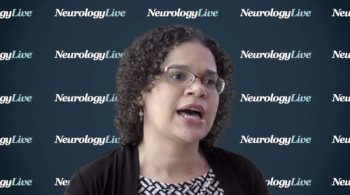
The assistant professor of neurology at the University of Wisconsin detailed the importance of transition clinics for pediatric patients with epilepsy.

"Mind Moments," a podcast from NeurologyLive, brings you an exclusive interview with Donald Frei, MD.

Donald Frei, MD, a neurointerventional surgeon in Colorado, recently appealed to the National EMS Advisory Council for improved EMS triage and transport protocols.

Findings from a large scale study of multiple sclerosis treatments showed greater levels of relapse resolution with oral corticosteroids and repository corticotropin injections compared to other treatments.

After first-step data suggested that one small molecule CGRP receptor antagonist and a monoclonal antibody against CGRP were successful and safe together in migraine. One of the study authors, Kathleen Mullin, MD, discussed the data.

New data from a report on US Medicaid program spending suggests that spending on disease-modifying therapies has more than doubled over a recent 7-year stretch, with no expected help from generic competition coming soon.
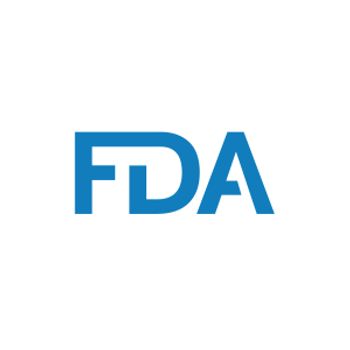
The FDA approved an updated drug label for the multiple sclerosis drug, including updates on immunizations and risks in specific patient populations.

Lara Jehi, MD, professor of neurology and an epilepsy specialist at the Cleveland Clinic Lerner College of Medicine, spoke to her work on individualized risk assessments for epilepsy surgery candidates and the impact it can have for both physicians and patients alike.

Biohaven’s small molecule CGRP receptor antagonist rimegepant has displayed safety and efficacy in a small cohort of patients with migraine using it alongside erenumab.

The neurostimulation device may help to accelerate the removal of a patient’s breathing tube by restoring neurological swallowing control.
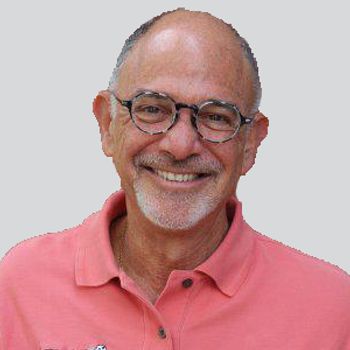
Results of the 311 study of parampanel showed improvements in response/ seizure frequency regardless of age or concomitant enzyme-inducing anti-seizure drug use.

In a review of 5 clinical trials, non‐vitamin‐K oral anticoagulants were shown to be associated with a lower risk of fatal and disabling, as well as non-disabling, stroke compared to warfarin.

The recalled lot of lamotrigine used to treat epilepsy and bipolar disorder is set to expire in June 2021 and was distributed between August 23 and August 30, 2019.
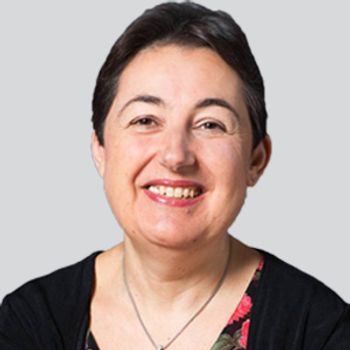
The drug, which is a schedule IV controlled substance, is the first nasal spray approved as rescue medication in patients 6 years and older with epilepsy.

Those achieving ≥50% response attained migraine reductions nearly double that of the full cohort, with data possibly providing context for setting realistic patient expectations regarding the spectrum of response.
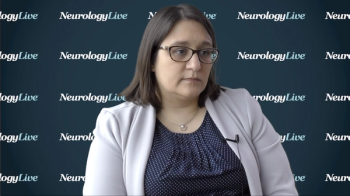
The associate professor of neurology and director of the Women With Epilepsy Program at Northwestern University Feinberg School of Medicine discussed the rates of breastfeeding among women with epilepsy.
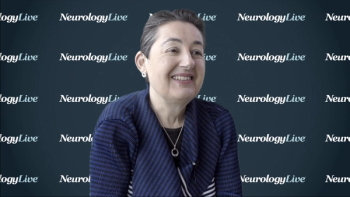
The professor of neurology at NYU Langone Medical Center discussed the importance of these safety data for intranasal diazepam, and why future comparative data would be essential.

The assistant professor of psychology at East Carolina University spoke about the need for patient-specific, and sometimes creative, approaches to improving adherence, which itself involves more than just medication.
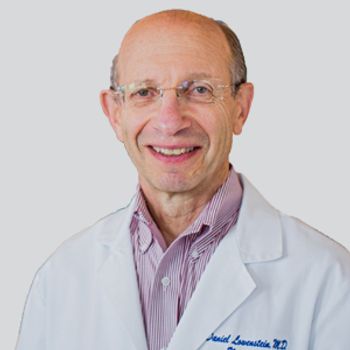
Daniel Lowenstein, MD, professor of neurology and executive vice chancellor and provost at the University of California, San Francisco, discussed the ongoing trials and steps being taken to turn the gut microbiome into a realistic therapeutic option for patients with epilepsy.
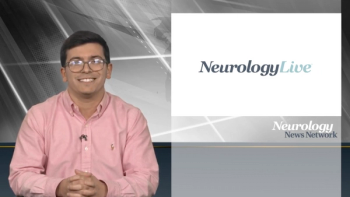
Neurology News Network for the week ending January 11, 2020.
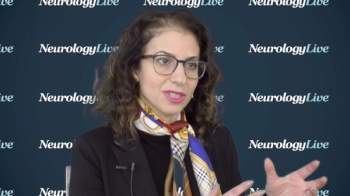
The professor of neurology and epilepsy specialist at the Cleveland Clinic Lerner College of Medicine discussed the research on seizure freedom scores and their influence on individualized clinical care.

The proprietary formulation of aspirin and fumaric acid addresses issues with pretreating fumarate flush, a bothersome side effect of popular MS disease-modifying therapy Tecfidera.

New 52-week data from an extension study has suggested that recently FDA-approved ubrogepant (Ubrelvy; Allergan) is safe and tolerable, with minimal treatment-related adverse events with 2 doses assessed.
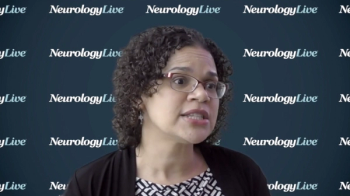
The assistant professor of neurology at the University of Wisconsin provided insight on the additional oversight required when caring for adult epilepsy patients who remain on the ketogenic diet.

The findings suggest that the communicated risk may only apply to patients with very recent ischemic stroke.
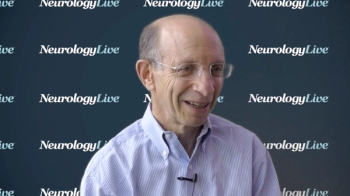
The professor of neurology and executive vice chancellor and provost at the University of California, San Francisco detailed the connection between the gut microbiome and epilepsy.